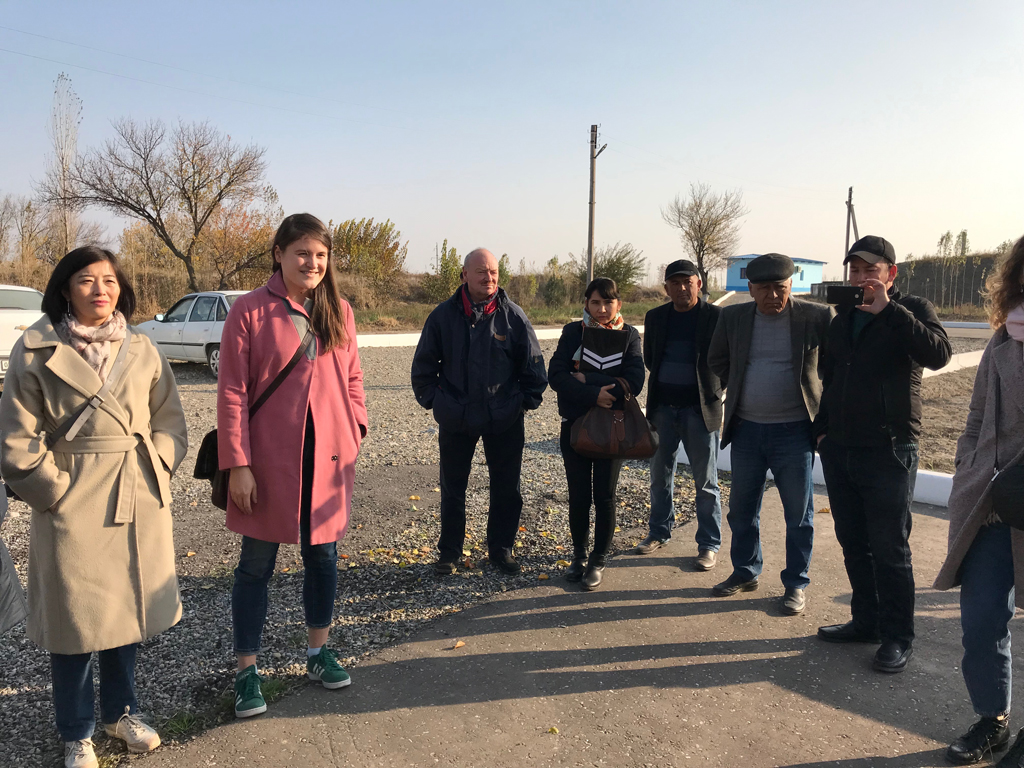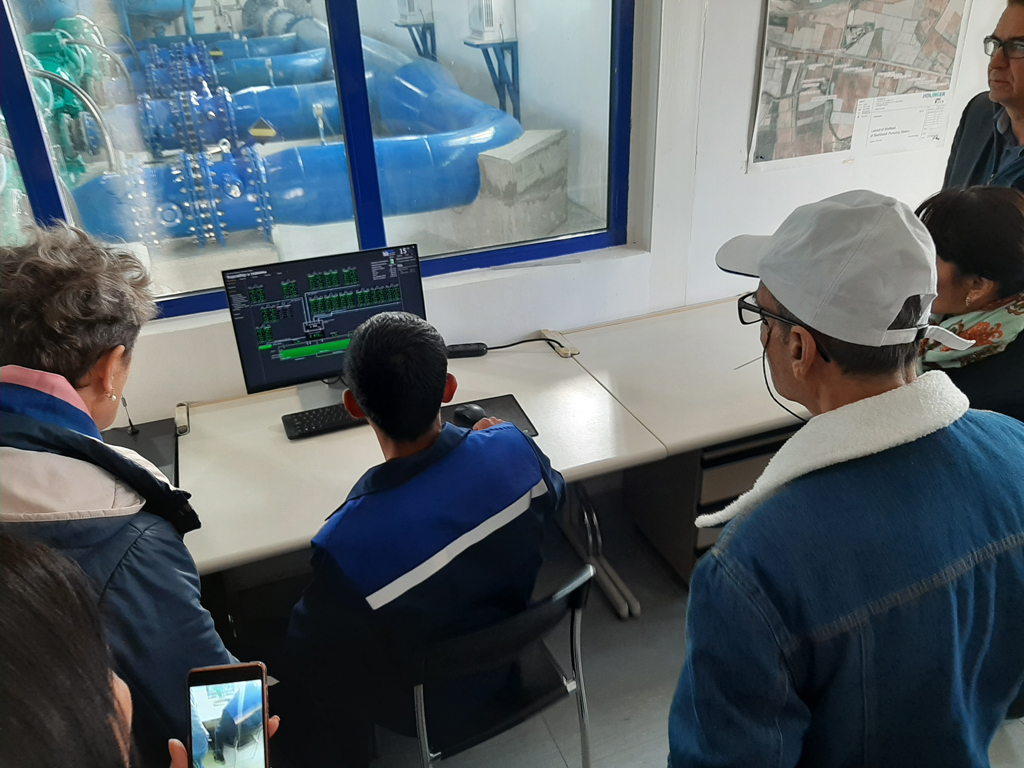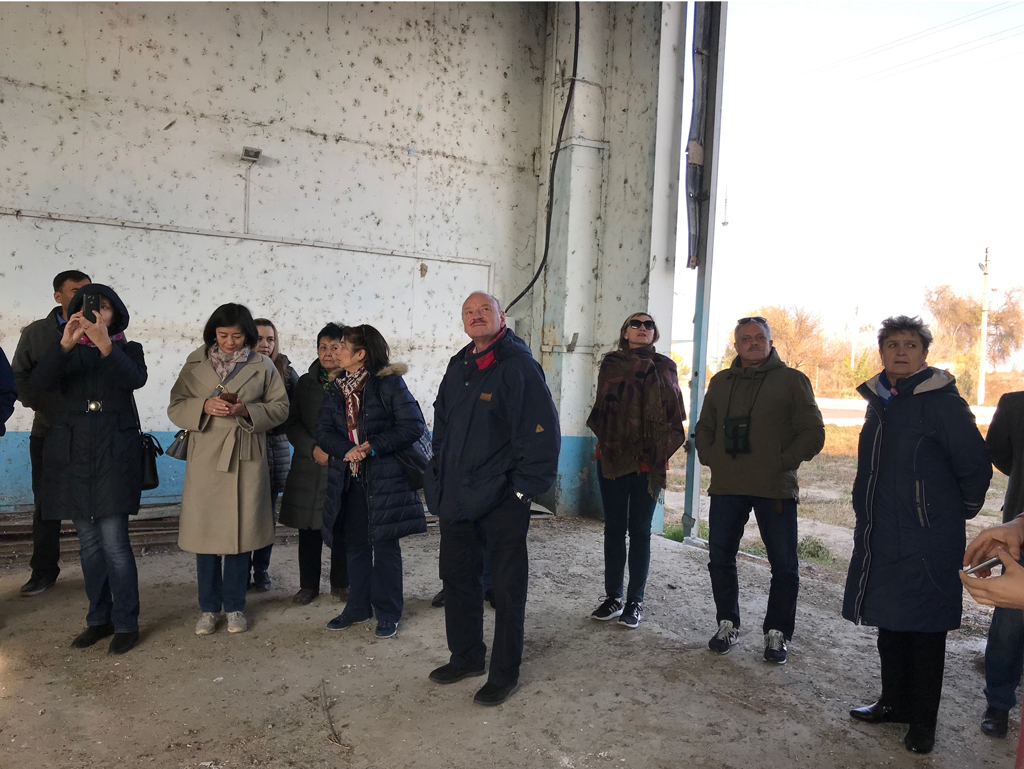
Regional cooperation on water quality as one of the pillars of the successful economic development
The water quality issues are gaining interest from the governments and international development community, not only as an essential factor to ensure the health of the population and ecosystems, but also as one of the underpinning elements in economic development. According to the recent World Bank report, the “invisible crisis of water quality” may cost a third of the potential economic growth.
|
“By 2030, improve water quality by reducing pollution, eliminating dumping and minimizing release of hazardous chemicals and materials, halving the proportion of untreated wastewater and substantially increasing recycling and safe reuse globally” SDG 6 Target 6.3
|
In the Central Asian region, the concerns over the water quality issues are mostly related to the implications for human health in shared basins and predicated on the increasing population and growing economies. However, well-functioning regional cooperation on this issue was not yet in place in the region, which also made it difficult to define the magnitude of the problem as well as to efficiently address it. One of the few regional initiatives on the topic is a Regional Working Group on Water Quality (RGW-WQ), which was established in 2009 by UNECE and CAREC. The Group is represented by national hydrometeorological, sanitary and epidemiological control, water resources and environmental ministries and agencies of 5 Central Asian countries. Since 2019 the RWG-WQ is supported by the Blue Peace Central Asia (BPCA) initiative of the Swiss Agency for Development and Cooperation (SDC), where CAREC is acting as a Secretariat of the BPCA Dialogue Platform. The project aims to promote evidence-based dialogue at the political level and to ensure support effective and sustainable transboundary water management in Central Asia. Water quality is one of the thematic directions of the work of the platform.
On November 11- 12, 2019 the last regular meeting of the Regional Working Group on Water Quality was hold in Tashkent, Uzbekistan.
During the first day, the members of the RWG-WQ have visited the new water pumping station constructed instead of the old one in order to provide water to the residents of Beshbulok and the villages in the surrounding area. The Syrdarya Water Supply Project financed by the State Secretariat for Economic Affairs (SECO) of Switzerland focuses on the improvement of the drinking water supply through rehabilitation of the old water system and supporting water utilities in Samarkand, Bukhara and Syrdarya regions. In the second half of the day, the participants were introduced with the result of the SDC project that enabled the rural populations in Uzbekistan to have access to drinking water. The decentralized models of water supply to each household were successfully realized in several villages of the country. The RWG members had a chance to hear from the local Drinking Water Organisations established at the community-level and responsible for the maintenance of the water supply systems in their villages.


The spotlight of the meeting on November 12 was the presentation on the transition of Kazakhstan to the Unified System of Classification of Water Quality in water bodies. Kazakhstan is the first country in the region to implement the reforms in the categorization of water quality aiming to accommodate the characteristics of the EU Water Framework Directive 2000/60 and make the classification system more digestible for water users.
The new Classification system allows to assess the actual ecological state of the watercourse at a given time; determine the category of water use for a specific water body as well as set the “targets” to achieve better water quality in a watercourse than its current state. The WQ experts from other Central Asian countries were eager to learn from the experience of the neighbor, admitting the advantages of this more integrated approach.
The representatives of Uzbekistan shared with the group the results of the meeting of the bilateral working group of Kazakhstan and Uzbekistan on environmental protection and water quality in the Syrdarya river basin. During the second gathering in Nur-Sultan, the water quality specialists from two countries agreed on the monitoring points, the methodology of assessment and the exchange of the results regularly.
Finally, the members of the RWG-WQ were familiarized with the interactive map to provide open access to the information of water quality for the population of Kazakhstan developed by the specialists from KazHydromet agency (http://apps.kazhydromet.kz:3838/app_dem_water_visual/).
In the concluding session, the RWG-WQ members agreed on updates in the Work Plan for 2020 and the topics of common interest for the next meeting, which is tentatively planned for June 2020.
